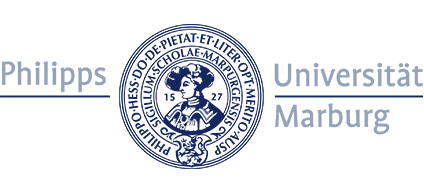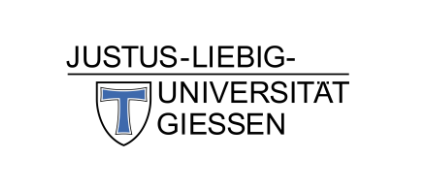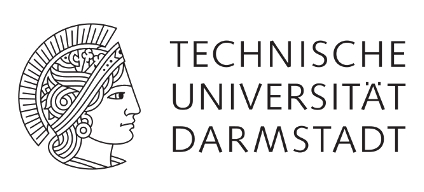Hauptinhalt
Summer School "Visual Neurosciences - from Spikes to Awareness"
Veranstaltungsdaten
02. September 2018 – 14. September 2018
Termin herunterladen (.ics)
Schloss Rauischholzhausen
Visual neuroscience studies the neural underpinnings of visual function and visual sensation. Its results contribute to our understanding of cognitive brain processes in general and also help to boost the capabilities of technological vision systems.
Vision neuroscience involves a wide variety of methods and approaches—computational theory, neurophysiology, neuroanatomy, functional imaging, psychophysics, neuropsychology, and others—and illustrates perhaps more clearly than any other area of brain research, the overriding need to combine and coordinate these diverse efforts.
The European Summer School exposes young vision researchers—at the late pre-doctoral or early post-doctoral level—to the principal methods and seminal issues of contemporary visual neuroscience. In addition, it seeks to build a basic fluency in the emerging lingua franca of computational neuroscience. The range of topics is broad, literally from spikes to awareness, and the pace correspondingly brisk. This intensive experience should allow participants take a broader view of, and make more informed decisions about, their future research direction.
The European Summer School is taught by leading researchers in neurobiology, neuropsychology, psychophysics, and theoretical neuroscience. Two thematically related topics are covered each day, with approximately 3 hours allotted to each (including discussion time). An after-dinner discussion provides an opportunity to contrast and compare the day’s lectures. In addition, students pursue computational and theoretical projects (based on Matlab) during the afternoon, to experiment with key concepts and techniques of computational neuroscience.

The European Summer School meets at idyllic and inspiring Schloss Rauischholzhausen in Hessia, Germany. The main selection criterion for participants is the degree of benefit that each applicant can be expected to derive from the course. In addition, the organizers attempt to balance fields, nationalities, and genders among participants.
The tuition for the course, as well as food and lodgin at the castle, are free due to the generous support of Justus-Liebig University Giessen and Philipps-Universität Marburg.
For more information on registration (deadline 3rd of April 2018) and the program, please visit our website.
Referierende
Confirmed speakers in 2018 are Wyeth Bair (Seattle), James Bisley (Los Angeles), Wolfgang Einhäuser-Treyer (Chemnitz), Roland Fleming (Giessen), Karl Gegenfurtner (Giessen), Moritz Helmstaedter (Frankfurt), Bob Kentridge (Durham), Zoe Kourtzi (Cambridge), Larry Maloney (New York), Tony Movshon (New York), Anitha Pasupathy (Seattle), Pieter Roelfsema (Amsterdam), Yuka Sasaki (Providence), Alexander Schütz (Marburg), Stefan Treue (Göttingen), Takeo Watanabe (Providence), Andrew Welchman (Cambridge)
Veranstalter
Wolfgang Einhäuser-Treyer, Roland Fleming & Alexander Schütz


